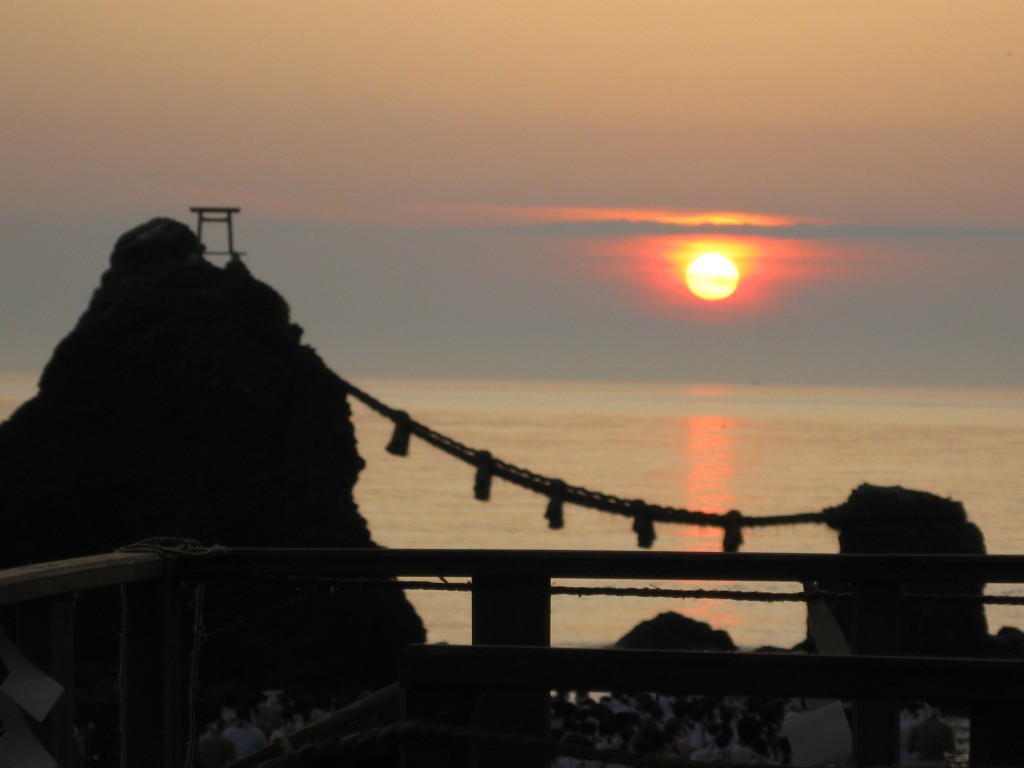
Joseph Campbell called Shinto ‘a religion of awe’, and for myself wonder is of the essence. It’s a natural response to the mystery of existence. Children typically have it, but adults lose the sense of wonder through being mired down by the mundane nature of modern life. It’s often assumed that awe and wonder are components of a religious disposition, but Richard Dawkins and other atheists have talked of being moved by wonder at the beauty and immensity of the universe. If Shinto is not a religion, as many of its adherents claim, then there is room for atheists too to worship at its shrines, as the following article suggests. (Indeed, I’ve often heard that some Shinto priests are essentially atheist, though confirmed ritualists.)
***************************************************************************
Frank Furedi The Independent Wednesday 16 October 2013
Oprah is wrong. Atheists can experience wonder and awe
Those who believe in God do not have a monopoly over possession of that magnificent sense of the sublime. In one sense Oprah Winfrey was absolutely right when she lectured the humanist swimmer Diana Nyad about the inconsistency of the outlook of atheism with a sense of awe. For Oprah, a woman of faith, the sense of wonder and awe are inextricably intertwined with religion and God.
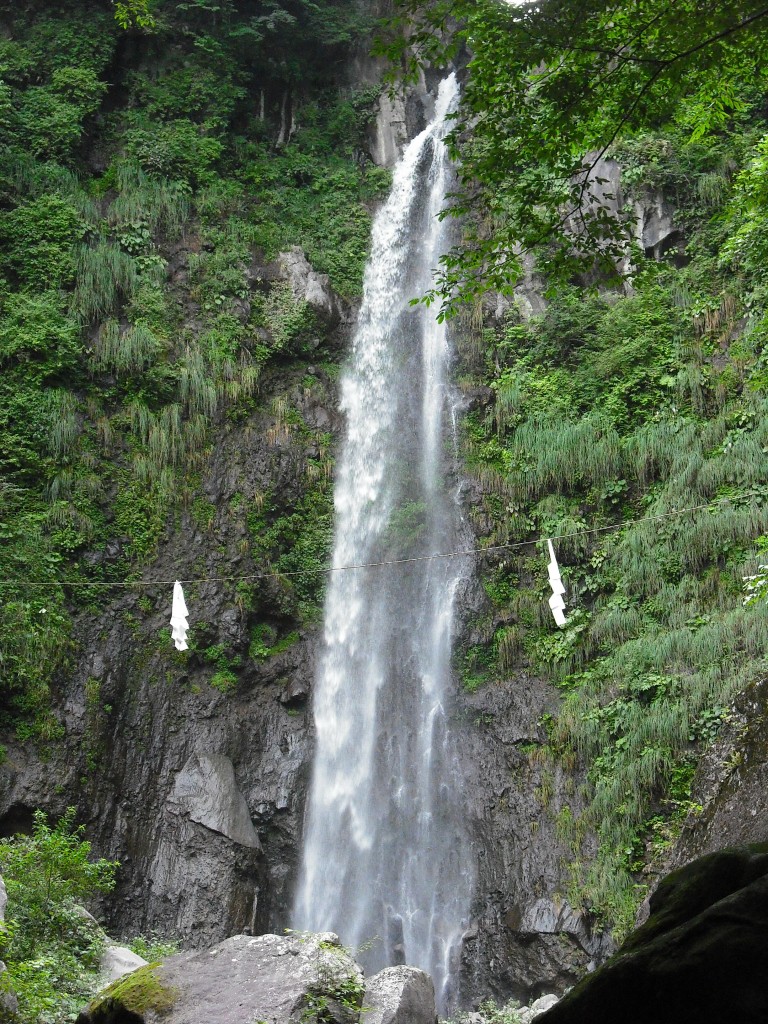 Indeed since the emergence of the Judeo-Christian tradition, awe is the mandatory reaction that the true believer is required to have towards God. From this perspective the sense awe and wonder is bounded and regulated through the medium of religious doctrine. In contrast, those of us who believe that it was not God but humans who are the real creators are unlikely to stand in awe of this allegedly omnipotent figure.
Indeed since the emergence of the Judeo-Christian tradition, awe is the mandatory reaction that the true believer is required to have towards God. From this perspective the sense awe and wonder is bounded and regulated through the medium of religious doctrine. In contrast, those of us who believe that it was not God but humans who are the real creators are unlikely to stand in awe of this allegedly omnipotent figure.
Although in the 21st century the term awe and awesome are used colloquially to connote amazement and admiration historically these words communicated feelings of powerlessness, fear and dread. The Oxford English Dictionary tells us, that awe means ‘immediate and active fear; terror, dread’. The OED explains that from its original reference to the Divine Being it has acquired a variety of different meanings, such as ‘dread mingled with veneration’ and ‘reverential or respectful fear’. All these meanings signal one important idea which that ‘fearing’ and ‘dreading’ are inherently positive attributes to be encouraged.
The religious affirmation of fear and dread of a higher being is indeed alien to the humanist view of the world. But does that mean that Oprah is right and that atheists cannot wonder and awe? Not at all. Those who believe in God do not have a monopoly over possession of that magnificent sense of the sublime that catches us unaware in the face of the truly mysterious. Atheists and humanist experience wonder and awe in ways that sometimes resembles but often differs from the way that the religious people respond to the unknown.
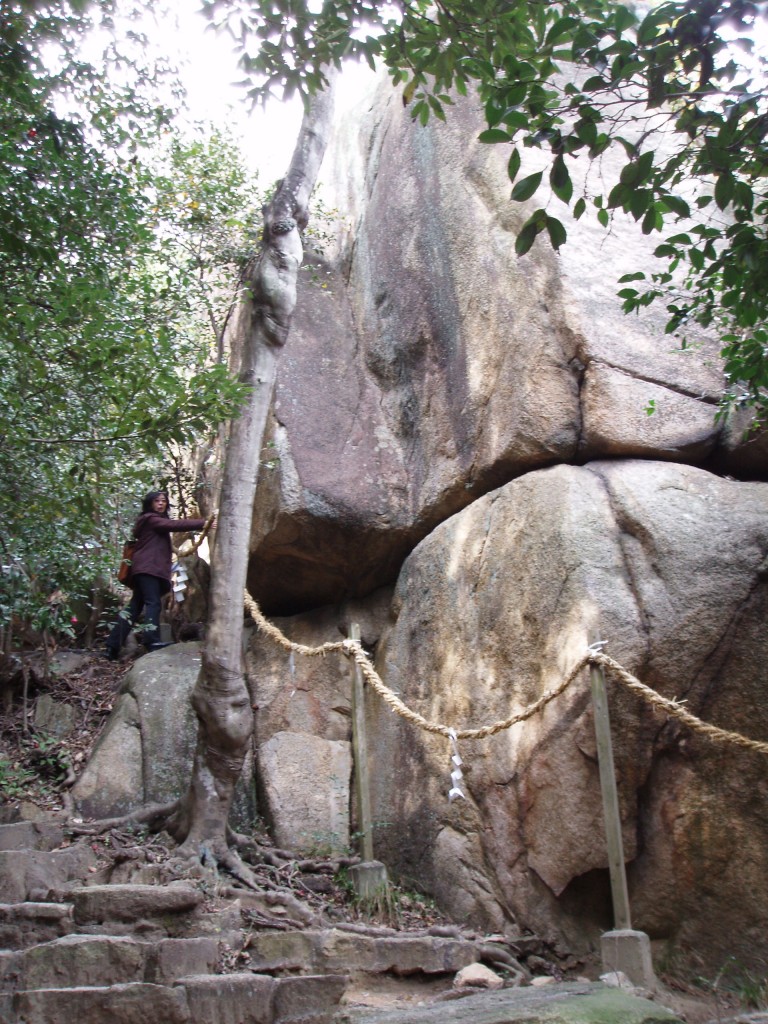 We all have the capacity and the spiritual resources to experience the mysteries of life and the unexpected events that excite our imagination through a sense of wonder. Those who stand in awe of God internalise their sense of wonder through the medium of their religious doctrine. Their response can possess powerful and intense emotions. But the way they wonder is bounded by their religious beliefs and their conception of God. In a sense this experience of spiritual sensibility is both guided and ultimately dictated by doctrine and belief. Historically those religious people who dared to go beyond these limits risked being denounced as heretical mystics.
We all have the capacity and the spiritual resources to experience the mysteries of life and the unexpected events that excite our imagination through a sense of wonder. Those who stand in awe of God internalise their sense of wonder through the medium of their religious doctrine. Their response can possess powerful and intense emotions. But the way they wonder is bounded by their religious beliefs and their conception of God. In a sense this experience of spiritual sensibility is both guided and ultimately dictated by doctrine and belief. Historically those religious people who dared to go beyond these limits risked being denounced as heretical mystics.
In contrast to the way that religion does wonder, atheists and humanists possess a potential for experiencing in a way that is totally unbounded. Humanists do not stand in awe of the mysteries of God but truly wonder at the unknown. Through the resources of the human imagination (humanities) and of the sciences the thinking atheist realises that every solution creates a demand for new answers. That’s what makes our wonder so special. Instead of dreading and fearing, it empowers us to set out on the quest to discover and understand.
Experience shows that the capacity top wonder is a truly human one. Toddlers and young children do not need God to wonder at the mysterious world that surrounds them. At very early stage in their life they express their sense of astonishment and wonder without effort or a hint of embarrassment. Thankfully most of us continue to be motivated and inspired by the mysteries of life.
One final point. There are of course some new atheists who insist on living in a spiritual-free world. From their deterministic perspective everything is explained by neuro-science or our genes. But what drives them away from wonder is not their atheism but their inability to engage with uncertainty. In that respect they are surprisingly similar to those who embrace religious dogma to spare themselves the responsibility of engaging with the mysteries that confront us in everyday life.
******************************************************************
Frank Furedi’s Authority: A Sociological History is published by Cambridge University Press
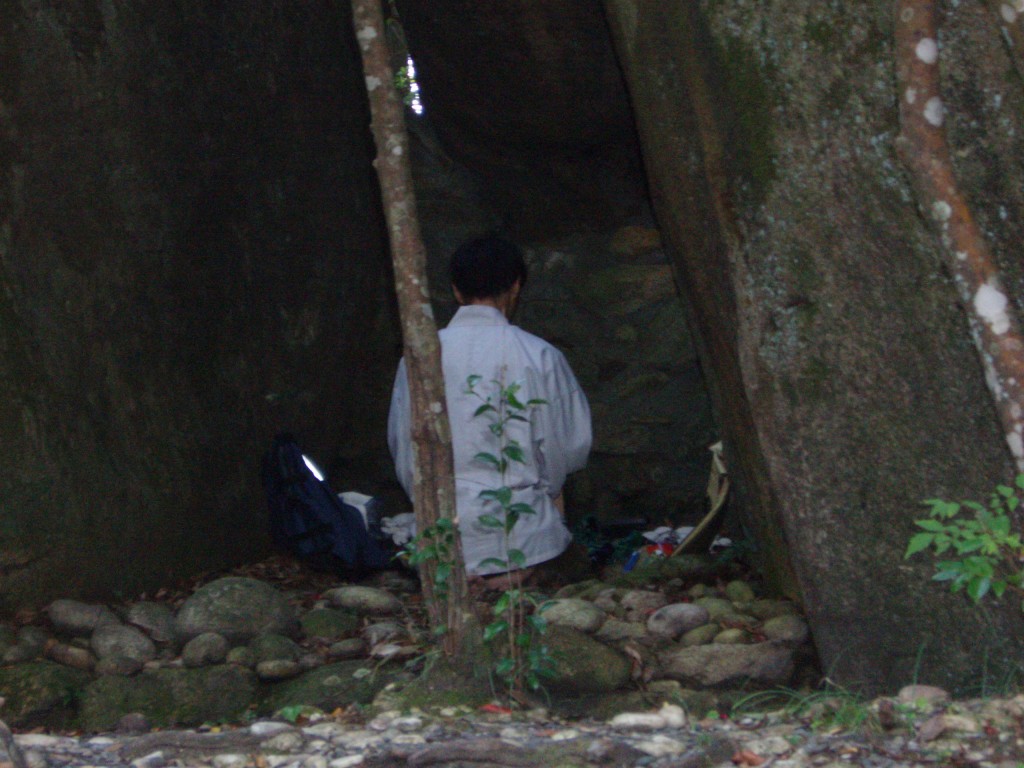
*******************************************************************
In terms of cosmic awe, perhaps no one has better expressed it than Carl Sagan. It’s a glorious statement of universalism, which makes the concerns of particularism look petty indeed.
― Carl Sagan, Pale Blue Dot: A Vision of the Human Future in Space
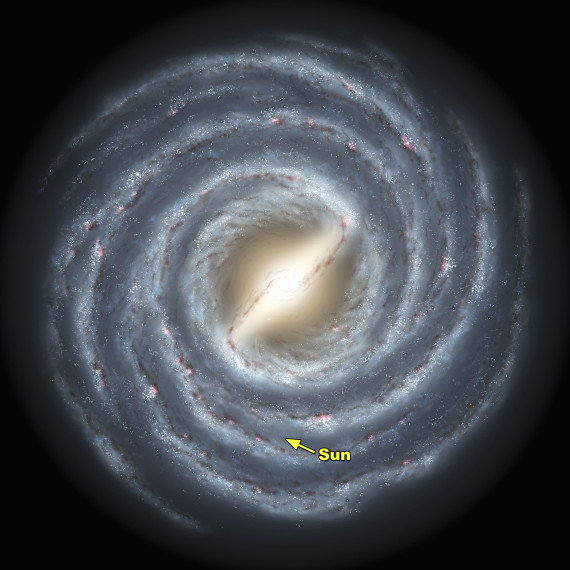
Illustration by: NASA/JPL-Caltech/R. Hurt (SSC/Caltech)
“Look again at that dot. That’s here. That’s home. That’s us. On it everyone you love, everyone you know, everyone you ever heard of, every human being who ever was, lived out their lives. The aggregate of our joy and suffering, thousands of confident religions, ideologies, and economic doctrines, every hunter and forager, every hero and coward, every creator and destroyer of civilization, every king and peasant, every young couple in love, every mother and father, hopeful child, inventor and explorer, every teacher of morals, every corrupt politician, every “superstar,” every “supreme leader,” every saint and sinner in the history of our species lived there – on a mote of dust suspended in a sunbeam.
The Earth is a very small stage in a vast cosmic arena. Think of the endless cruelties visited by the inhabitants of one corner of this pixel on the scarcely distinguishable inhabitants of some other corner, how frequent their misunderstandings, how eager they are to kill one another, how fervent their hatreds. Think of the rivers of blood spilled by all those generals and emperors so that, in glory and triumph, they could become the momentary masters of a fraction of a dot.
Our posturings, our imagined self-importance, the delusion that we have some privileged position in the Universe, are challenged by this point of pale light. Our planet is a lonely speck in the great enveloping cosmic dark. In our obscurity, in all this vastness, there is no hint that help will come from elsewhere to save us from ourselves.
The Earth is the only world known so far to harbor life. There is nowhere else, at least in the near future, to which our species could migrate. Visit, yes. Settle, not yet. Like it or not, for the moment the Earth is where we make our stand.
It has been said that astronomy is a humbling and character-building experience. There is perhaps no better demonstration of the folly of human conceits than this distant image of our tiny world. To me, it underscores our responsibility to deal more kindly with one another, and to preserve and cherish the pale blue dot, the only home we’ve ever known.”
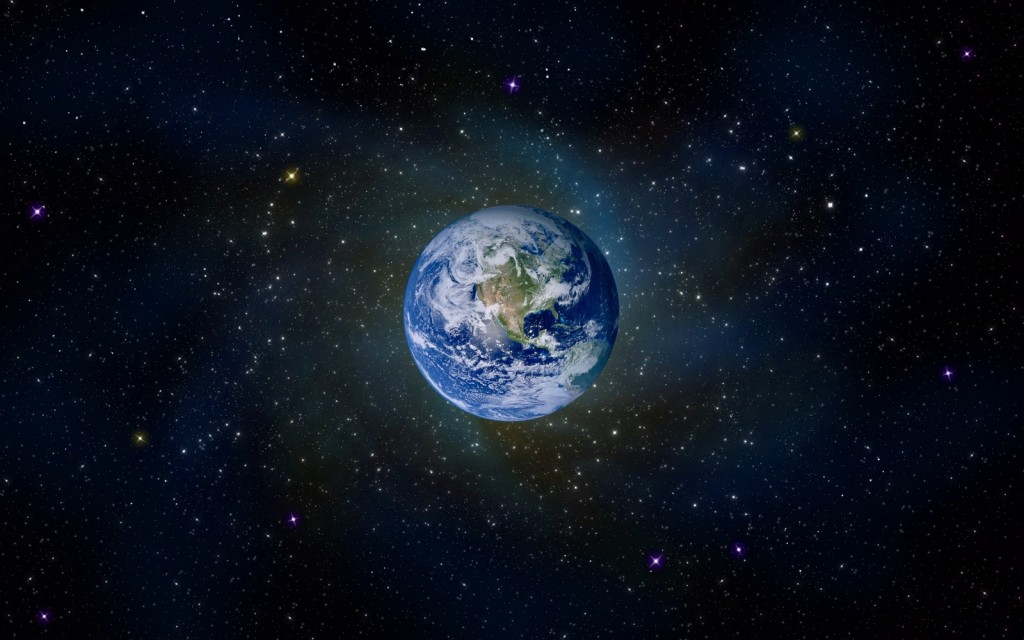
(Image taken from popchassid)

Rachel Carson, who is best known as the author of ‘Silent Spring’, wrote an inspiring book called ‘The Sense of Wonder’. It is designed to keep alive our child’s inborn sense of wonder and renew our delight in the mysteries of earth, sea and sky. The book was re-issued in 1998 with beautiful photographs by Nick Kelsh. It’s a dimension of Rachel Carson’s work I hadn’t been aware of and was pleased to discover.
Thanks for the tip, Jann. I shall look out for the book, and it’s certainly important to cherish the memory of Rachel Carson and boost her estate…